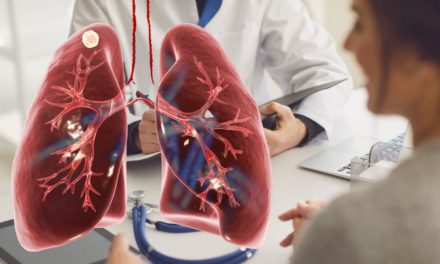Introduction
Wheezing, often characterized by a high-pitched whistling sound during breathing, can be a distressing and alarming experience. While commonly associated with respiratory issues, wheezing can stem from various underlying causes. In this article, we will delve into the world of wheezing, exploring its causes, symptoms, effects on individuals, and the array of treatment options available. By fostering awareness and understanding, we aim to provide valuable insights into wheezing and empower individuals to manage and address this condition effectively, leading to improved respiratory health and enhanced well-being.
Unveiling Wheezing
Wheezing is a distinctive sound that occurs during breathing when airways narrow or become obstructed, causing a whistling sound.
Causes and Triggers
Wheezing can result from various factors, including:
- Asthma
- Chronic obstructive pulmonary disease (COPD)
- Allergies or allergic reactions
- Respiratory infections
- Smoking or exposure to irritants
Identifying Symptoms
Common symptoms of wheezing may include:
- Whistling sound during breathing
- Shortness of breath
- Chest tightness or discomfort
Effects on Individuals
Wheezing can lead to:
- Disruption of daily activities
- Anxiety and distress
- Impaired exercise tolerance
Treatment and Management
- Inhalers or Bronchodilators: Inhalers can help open airways and alleviate wheezing.
- Corticosteroids: Prescription corticosteroids can reduce inflammation and alleviate symptoms.
- Allergy Medications: If wheezing is triggered by allergies, antihistamines can provide relief.
- Lifestyle Changes: Quitting smoking and avoiding irritants can help prevent wheezing episodes.
Preventive Measures
Preventing wheezing involves:
- Managing underlying conditions (asthma, COPD)
- Practicing good hand hygiene to prevent infections
- Avoiding exposure to allergens or irritants
Seeking Professional Help
Consult a healthcare provider if wheezing is persistent, worsens, or is accompanied by severe shortness of breath.
Conclusion
Wheezing, though alarming, can be managed effectively with the right approach to treatment. By understanding its causes, recognizing symptoms, and adopting a comprehensive approach to management, individuals can navigate wheezing with resilience and determination. Through practical remedies, preventive strategies, and fostering a health-conscious environment, individuals can experience improved respiratory health and enjoy life without the constraints of wheezing episodes. Let us stand united in raising awareness, advocating for proper care, and championing a world where everyone can manage wheezing effectively and breathe freely with optimal respiratory well-being.










